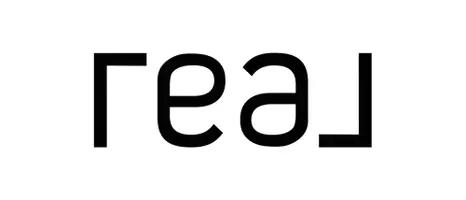Buying a Condo in Winnipeg
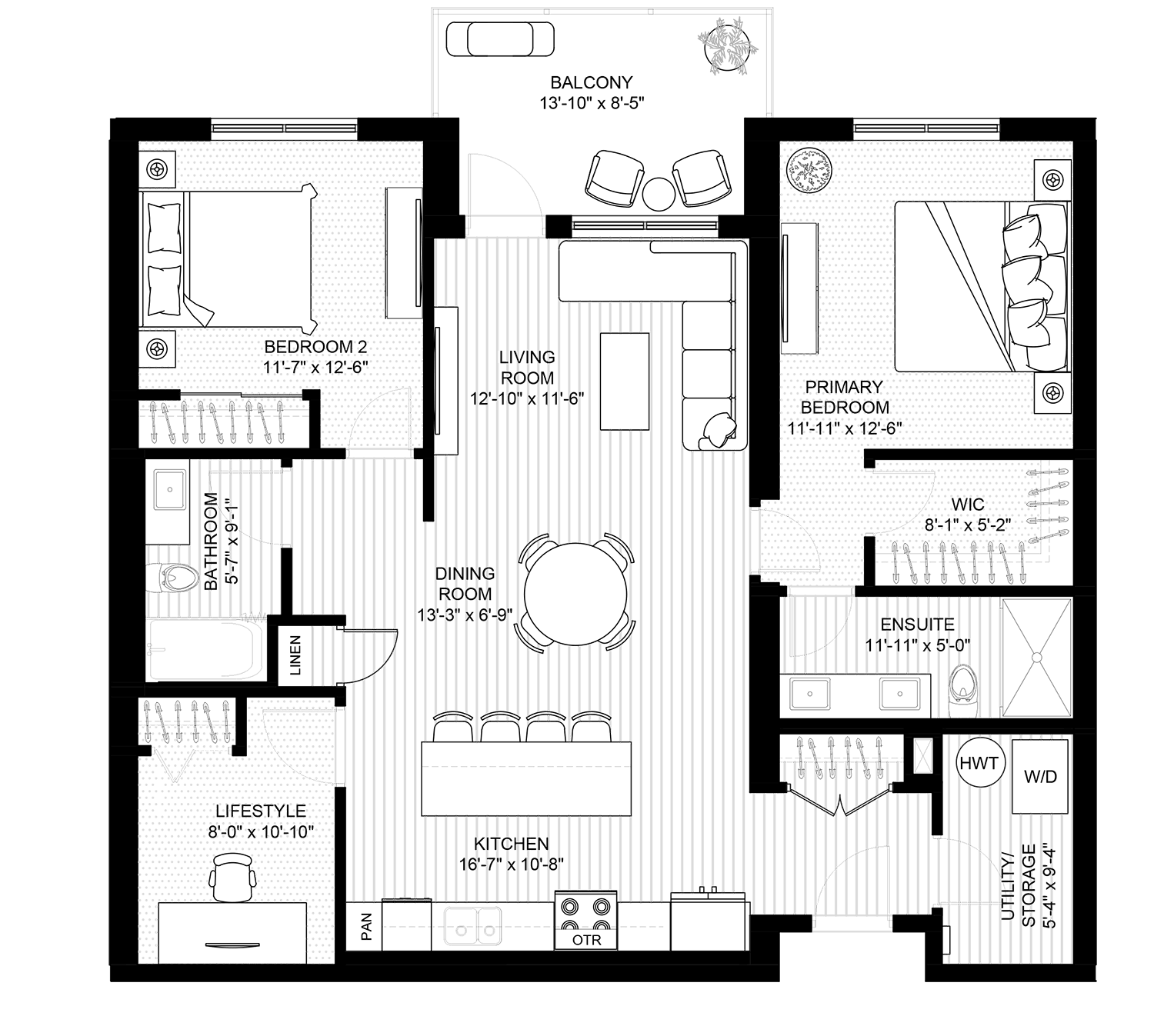
Differences Between Buying a Condo and a House
Condos are a great option for homebuyers seeking low-maintenance living, affordability, and amenities like fitness centers or pools. Buying a condo is quite different from purchasing a detached home. Here’s what you need to know before making your decision.
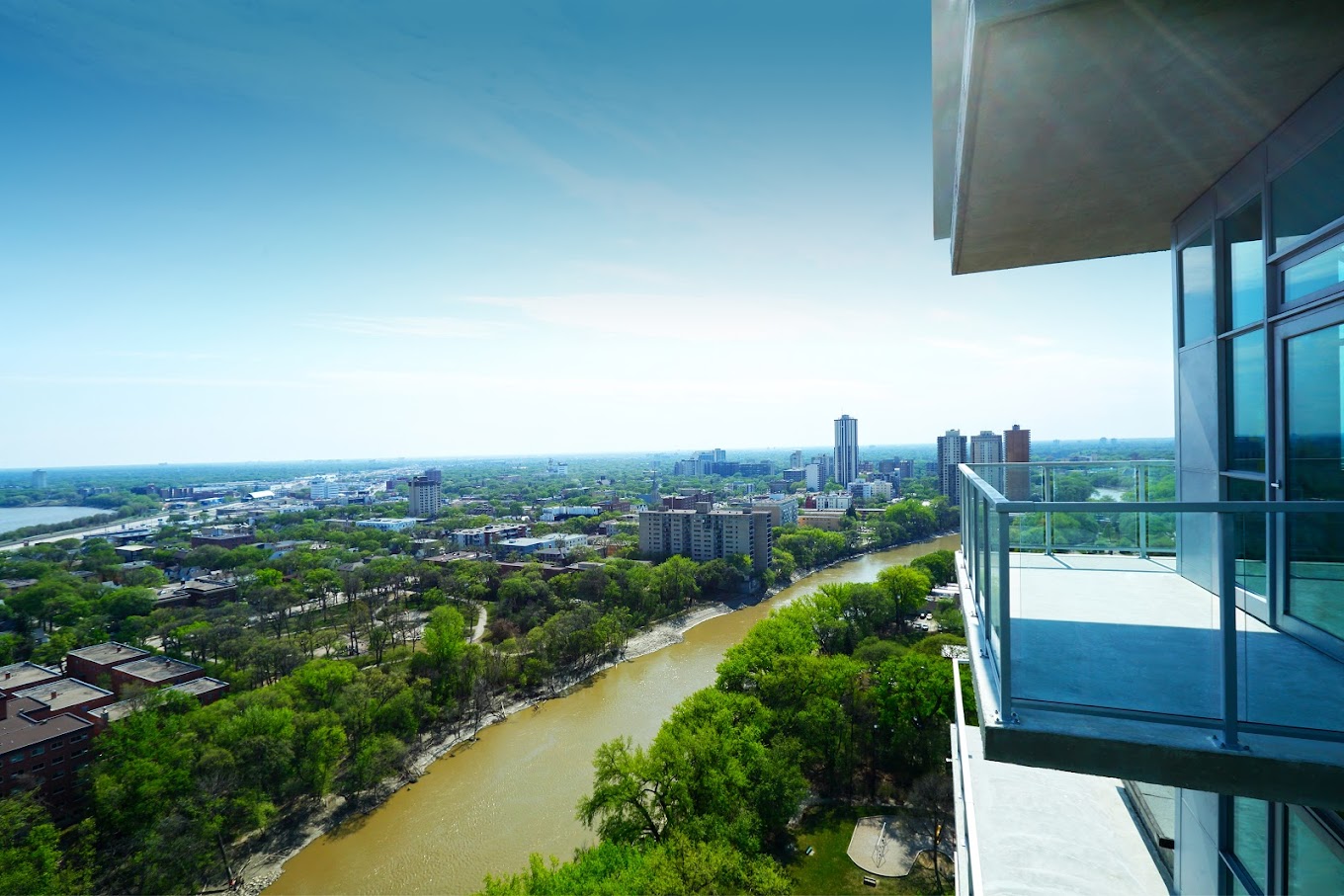
1. Condo Fees and What They Cover
One of the most noticeable differences when buying a condo is the addition of monthly condo fees.
Condo fees are paid by unit owners to cover the costs of maintaining common elements shared by all residents. These include the reserve fund balance and amenities such as a pool, gym, patio space, or security services.
When buying a condo, check what’s included in condo fees. Some buildings include utilities, while others do not. If utilities aren’t included, make sure to factor those into your monthly budget.
Fees may typically cover:
✅ Maintenance of common areas (lobbies, hallways, shared amenities).
✅ Building insurance & property management fees.
✅ Contributions to the reserve fund.
✅ Landscaping & snow removal.
✅ Some utilities & a storage locker & parking, depending on the building.
In Winnipeg, condo fees range widely—from about $250 to over $1,000 in luxury buildings. Most fees typically fall between $350 and $550 per month. High condo fees aren’t necessarily a drawback as they often cover extras, such as, utilities or security.
It’s also worth noting that while you pay condo fees, you avoid the cost and hassle of major repairs like replacing a roof, as these expenses are covered by the building’s reserve fund , which you contribute to through your condo fee.
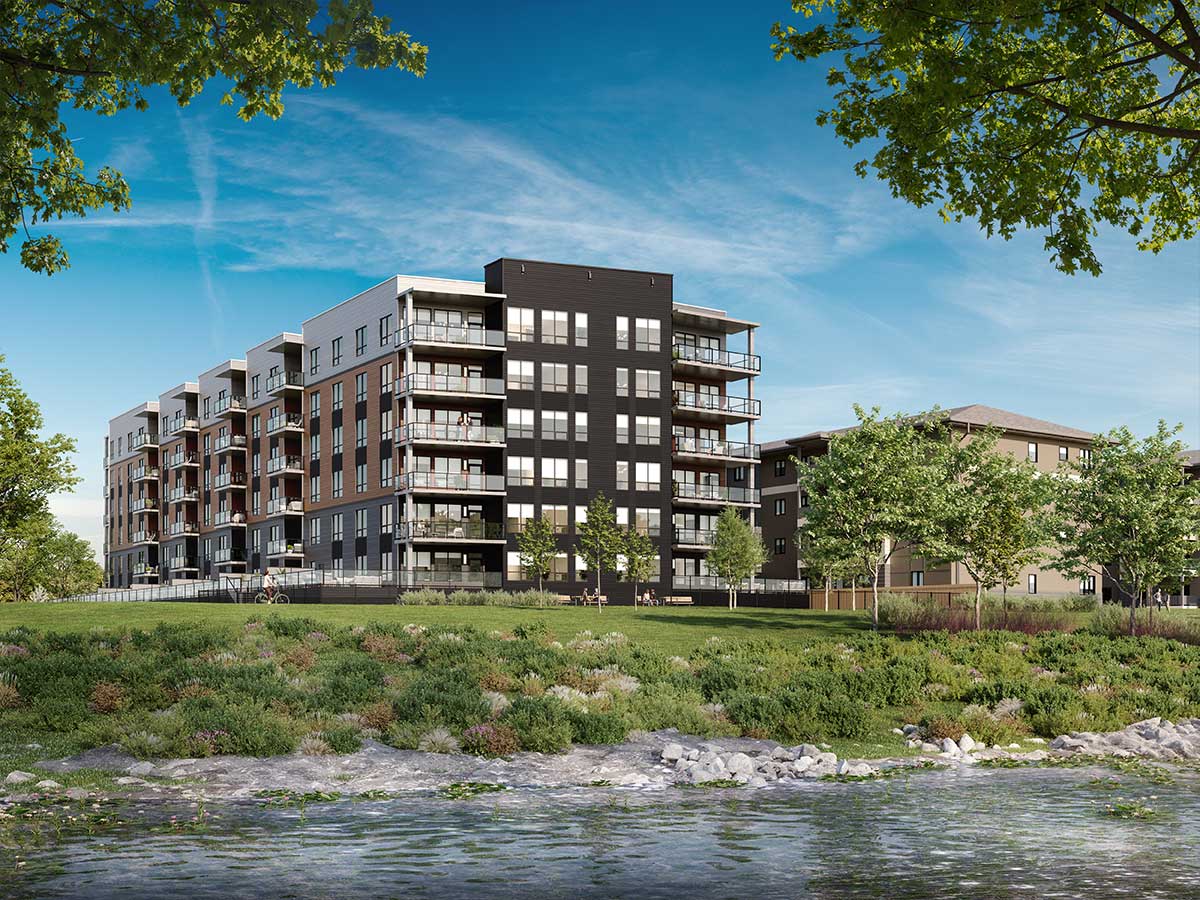
2. Why the Reserve Fund is Critical
The reserve fund is a savings account managed by the condo board to cover significant maintenance and unexpected expenses such as:
🔹 Roof repairs
🔹 Elevator maintenance
🔹 Structural updates
A healthy reserve fund is crucial to avoiding unexpected costs. If the reserve fund is insufficient, you could face a special assessment—an additional one-time sum of money for unexpected repairs.
Before purchasing, review the reserve fund study to ensure the condo is financially prepared for future needs. The reserve fund should grow over time, especially as the condo ages. The reserve fund study is updated every five years and provides a financial forecast for the building’s upkeep.
When buying a condo, ensure that:
✔️ The condo has a healthy reserve fund for routine and unexpected expenses.
✔️ The reserve fund study recommends an appropriate balance for future needs.
✔️ Older condos have a sufficient reserve fund to support increasing maintenance costs.
Special Assessments
A special assessment is an additional payment imposed by the condo board if the reserve fund is insufficient to cover unexpected expenses. This can happen when major repairs—such as replacing a boiler—are needed but there aren’t enough funds available.
Before buying a condo, check if special assessments have been imposed in the past. Frequent special assessments may indicate poor financial management by the condo board. Reviewing past meeting minutes can reveal financial red flags.
Ownership Interest
Condo fees and special assessments are based on ownership interest, which is usually proportional to the unit’s square footage. For example, if a condo needs $200,000 in repairs, an owner with 1.45% ownership interest would owe $2,900.
If you’re considering a condo, ensure you understand your percentage of ownership and how it impacts potential costs.
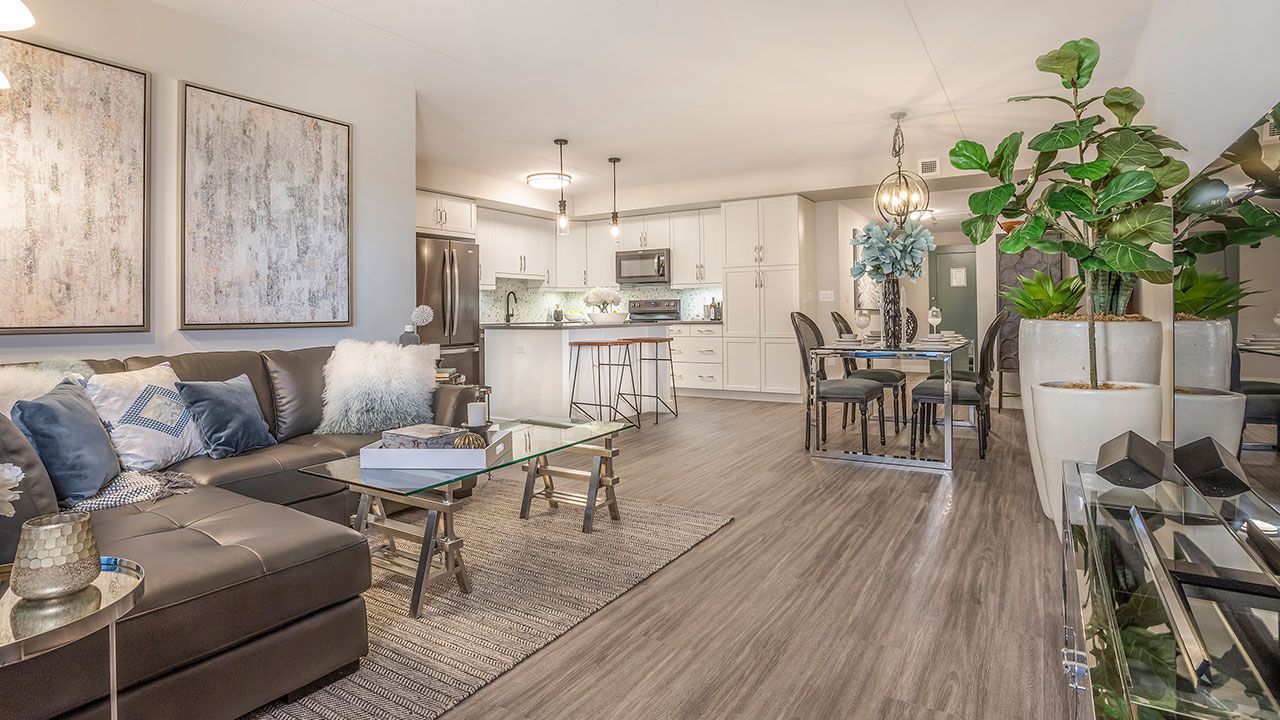
3. Rules, Regulations, and Lifestyle Considerations
When you buy a condo, you agree to follow rules set by the condo board. These rules govern:
🐶 Pet policies – Condo corporations often enforce pet restrictions, such as breed, size, or the number of pets allowed. Some buildings may prohibit pets altogether.
🏡 Rental restrictions – If you plan to rent out your unit, confirm whether this is allowed. Some condos prohibit short-term rentals like Airbnb, while others may have strict guest policies regarding overnight stays and visitor parking.
🔇 Noise and usage rules – Shared living means adhering to guidelines that maintain harmony in the building. Noise regulations ensure a peaceful environment, limiting excessive sound levels during certain hours.
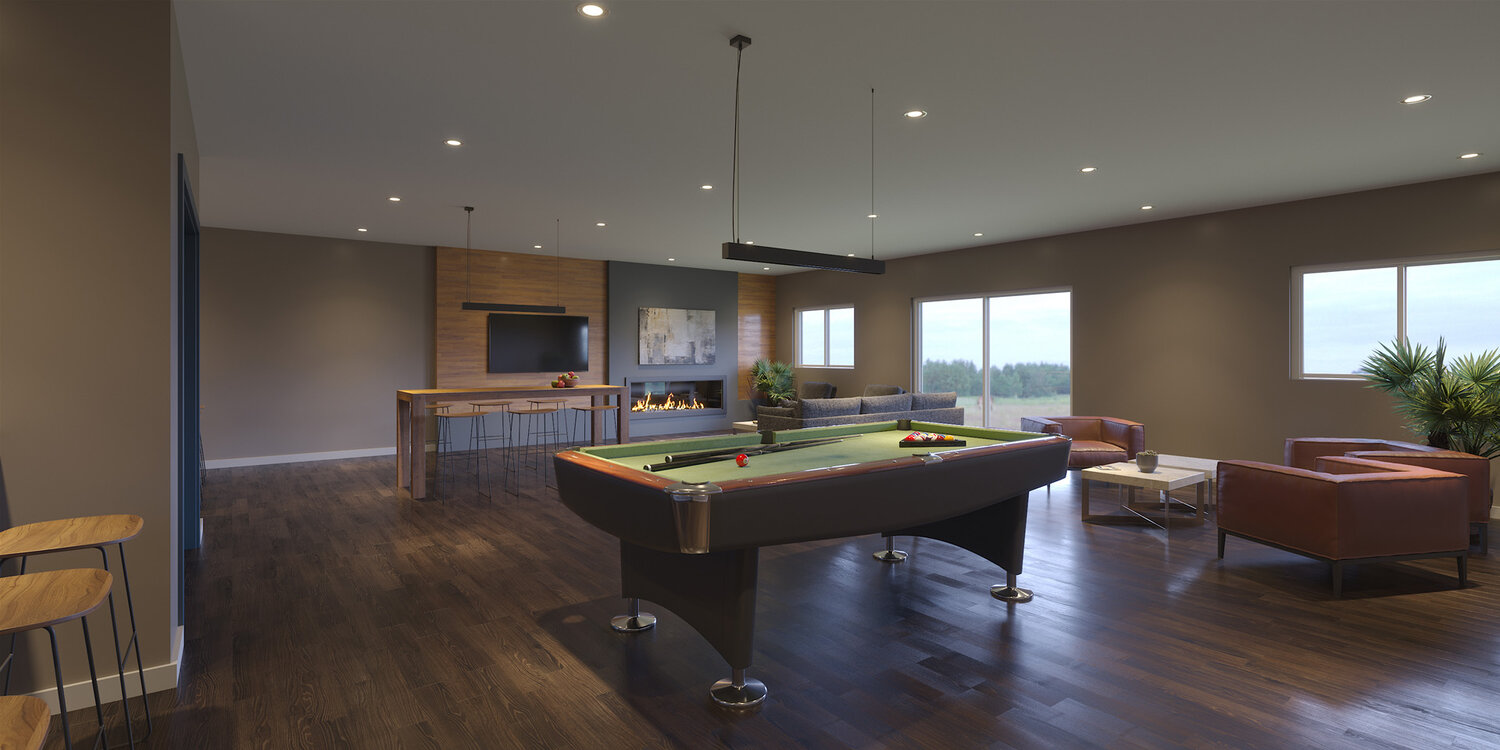
🏋️♂️🏊♀️ Use of Amenities & Common Areas
Rules govern how and when amenities like gyms, pools, and party rooms can be used. Some buildings require reservations or limit access to residents only.
🛠️ Renovations & Modifications
Many condos have restrictions on what you can change inside your unit, especially regarding structural changes, flooring, and balcony enclosures. Some require board approval before making any modifications.
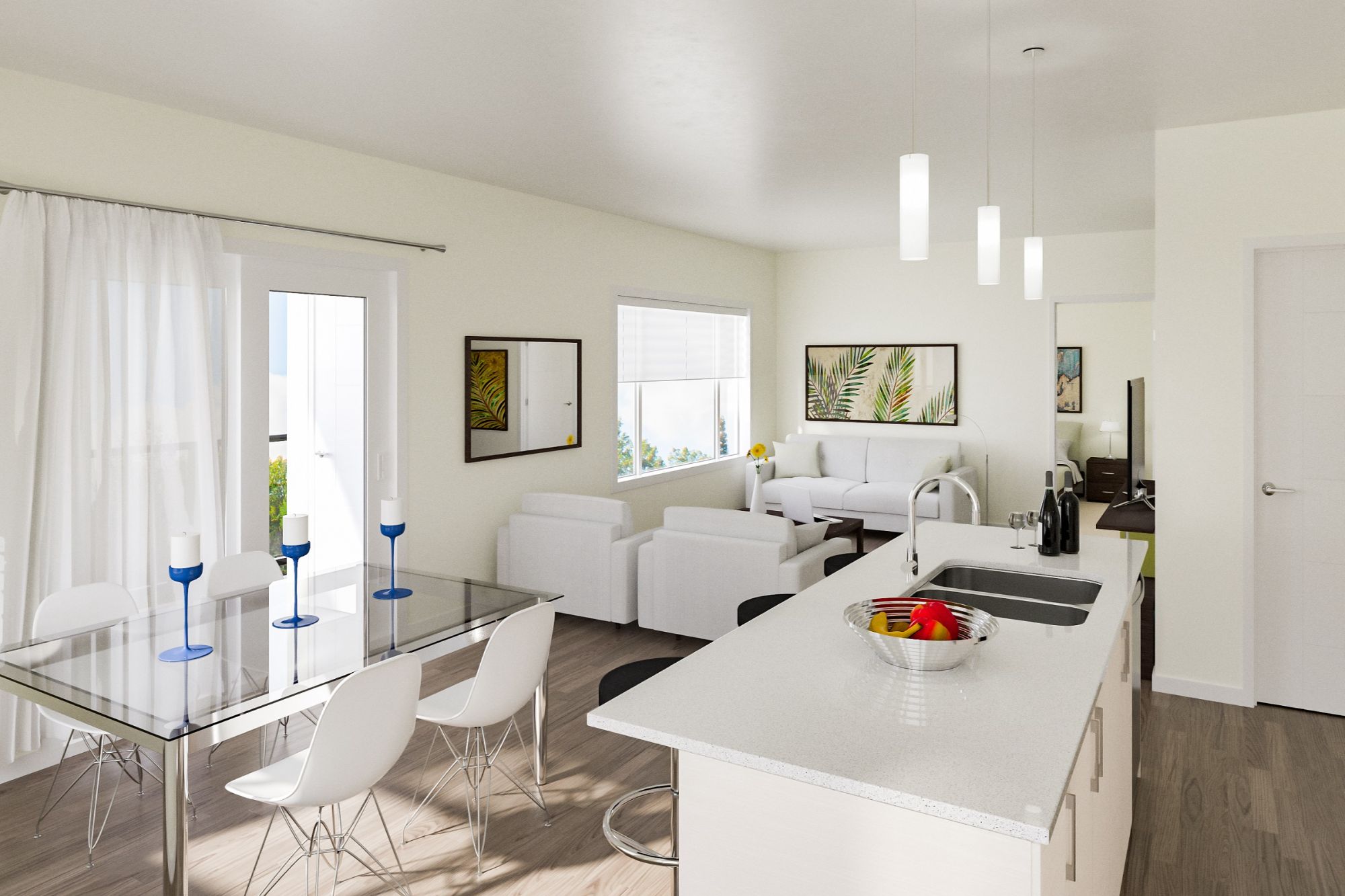
A condo board is a group of elected unit owners responsible for managing and overseeing the operations of a condominium corporation. In Winnipeg, condo boards play a crucial role in maintaining the building, enforcing rules, managing finances, and making decisions that impact all unit owners.
Key Responsibilities of a Condo Board
🔹 Financial Management
- Oversees the condo’s budget and ensures proper allocation of condo fees.
- Manages the reserve fund for future repairs and maintenance.
- Approves expenditures and special assessments when needed.
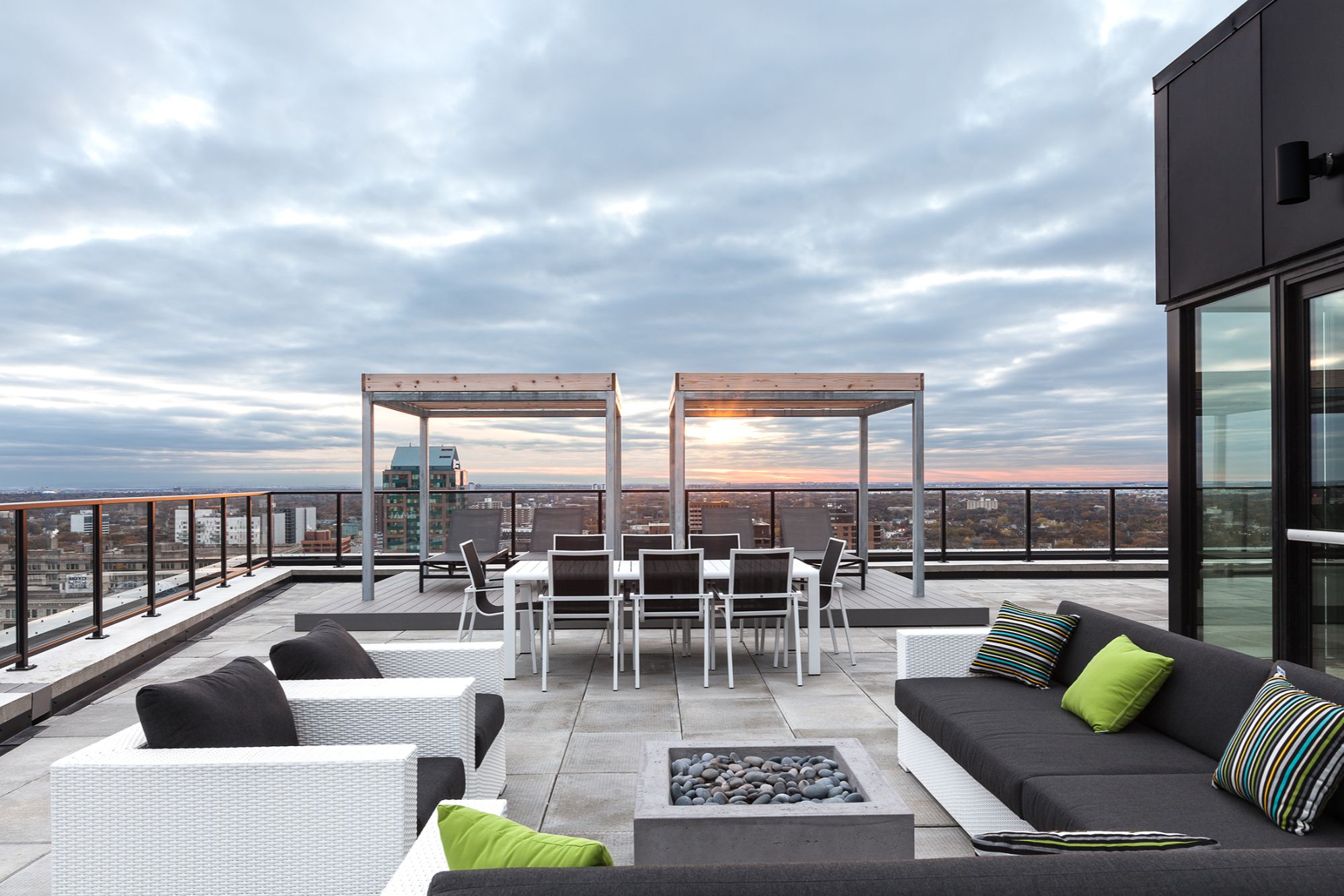
🔹 Building Maintenance & Upkeep
- Ensures regular maintenance of common areas, including hallways, parking, and landscaping.
- Arranges for major repairs like roofing, plumbing, and exterior work.
🔹 Enforcing Rules & Bylaws
- Implements and enforces condo bylaws and policies.
- Addresses disputes between owners or complaints related to noise, pets, and renovations.
🔹 Decision-Making & Governance
- Holds meetings to discuss issues affecting the condo community.
- Hires property management companies if needed.
- Reviews reserve fund studies and plans for long-term building upkeep.
Who Can Be on a Condo Board?
- Any unit owner in good standing (up to date on fees and not in violation of bylaws) can run for election to the condo board.
- The board is typically made up of a president, vice president, treasurer, and secretary, along with general board members.
- Board members serve on a volunteer basis and are elected by fellow owners at an Annual General Meeting (AGM).
Why Condo Boards Matter
A well-run condo board ensures the building is properly maintained, financially stable, and a pleasant place to live.
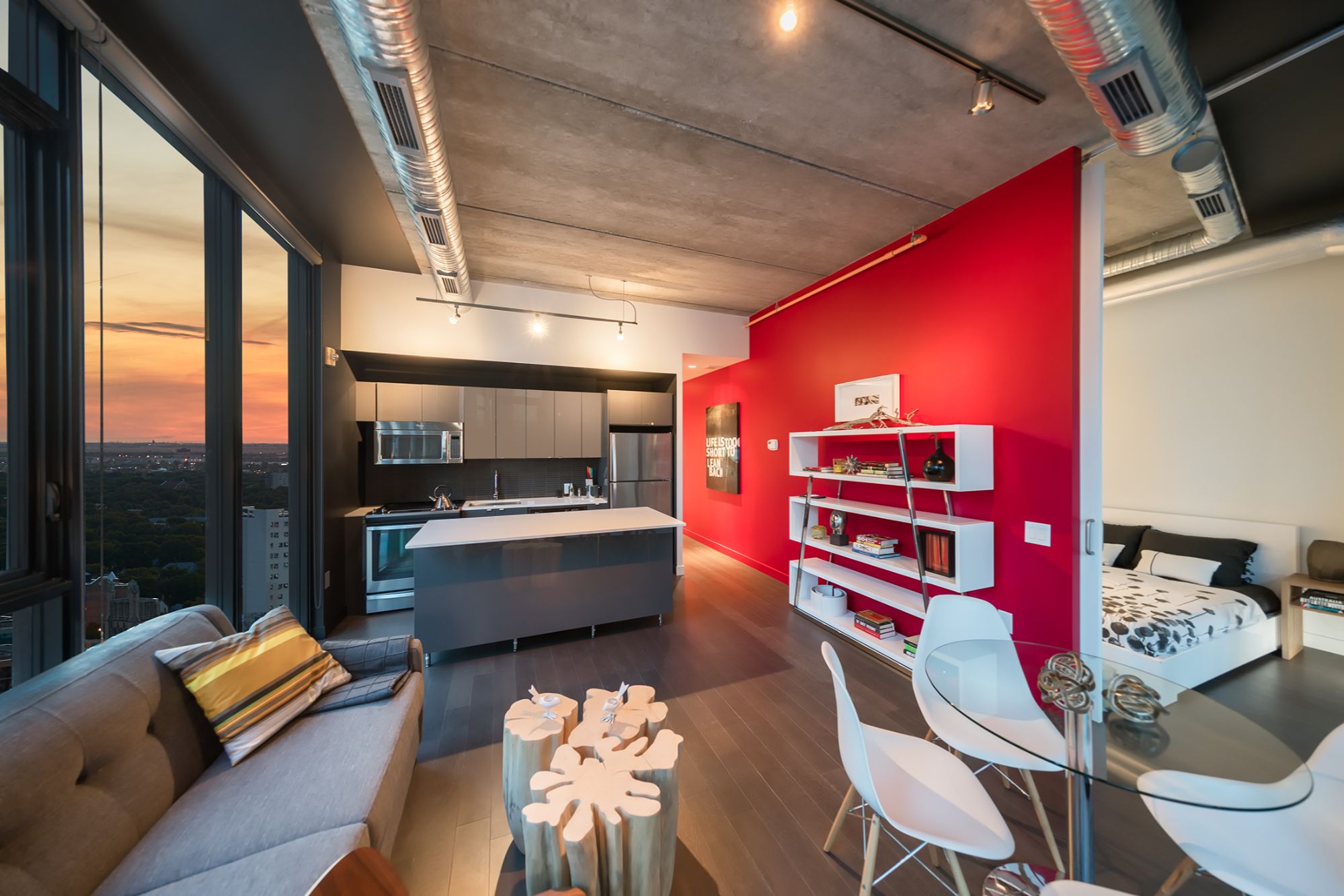
4. The Cooling-Off Period
In Manitoba, when you buy a new or resale condo, you are entitled to a 7-day cooling-off period under The Condominium Act. This period begins once you receive all required disclosure documents from the seller.
'Condo Docs' to Review During the Cooling-Off Period
- Reserve Fund Study
- Condo Bylaws & Rules
- Financial Statements & Budget
- Disclosure Statements from the Seller & Condo Corporation
- Property Management Agreements
This period is crucial to ensure you're making an informed decision. Always take the time to go through the documents carefully, and consult a real estate lawyer if needed.
What Does This Mean for Buyers?
- You have 7 days to review the condo documents carefully.
- You can cancel the contract for any reason during this time without penalty.
- If there is a material change in the disclosure documents, the 7-day period resets, and the buyer gets another 7 days to review the new information.
A material change in a condominium purchase refers to a significant change in the information provided in the condo disclosure documents that could affect a buyer’s decision to proceed with the purchase. Under The Condominium Act of Manitoba, if a material change occurs, the 7-day cooling-off period resets, allowing the buyer additional time to review the new information and potentially cancel the contract without penalty.
Examples of a Material Change:
- A major increase in condo fees due to unexpected expenses.
- New special assessments imposed that could lead to additional costs for unit owners.
- A significant decrease in the reserve fund balance that may indicate financial instability.
- Changes to bylaws, rules, or restrictions, such as new pet policies or rental limitations.
- Structural or safety issues discovered that could impact property value.
If a material change occurs, the seller is legally required to notify the buyer. Buyers should carefully review any new information and seek legal advice if necessary before deciding to proceed with the purchase.
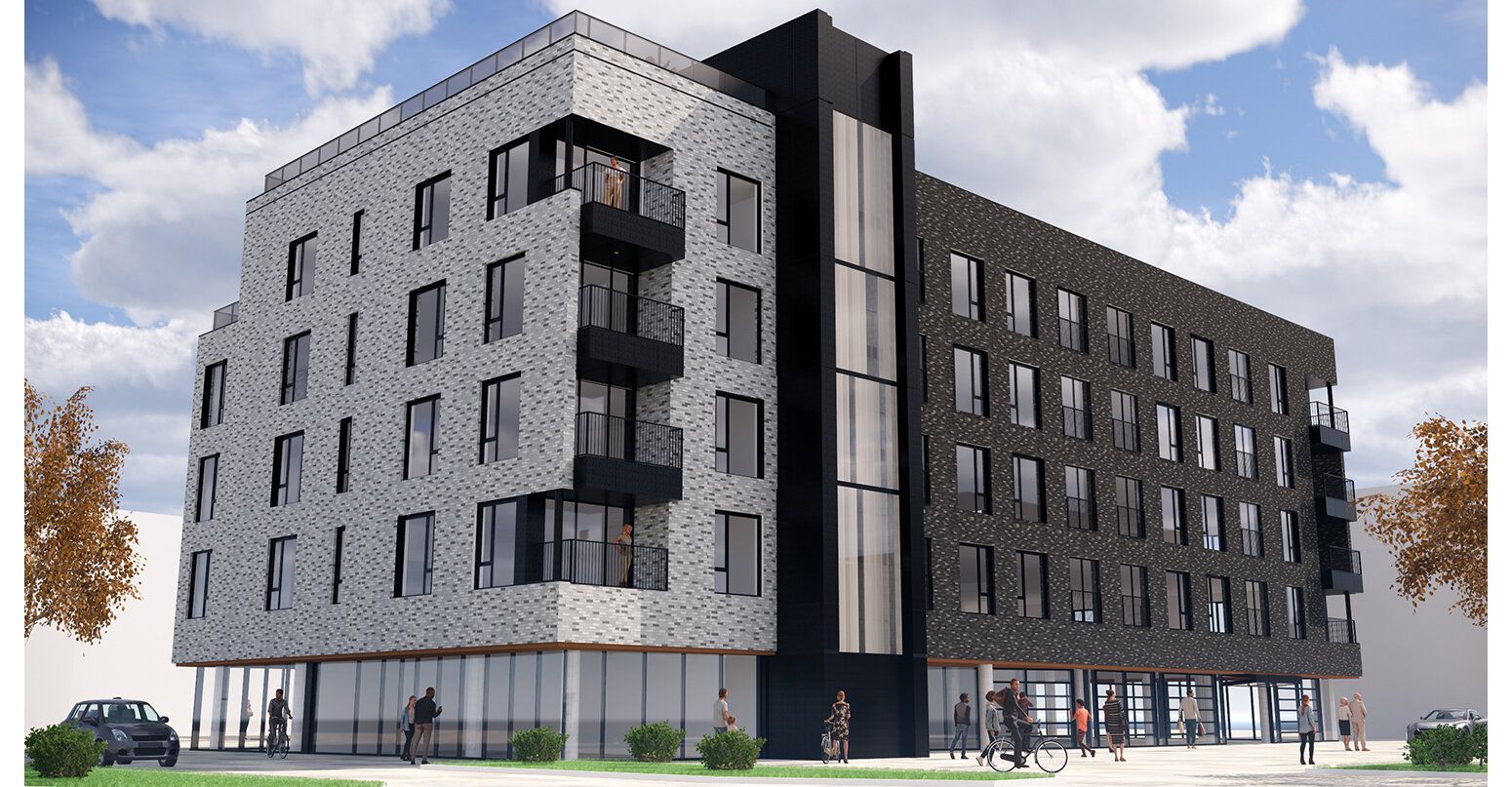
5. Making an Informed Decision
Buying a condo involves unique factors compared to purchasing a detached home. To ensure a smart investment:
✅ Understand condo fees – Know what they include and how they impact your monthly budget.
✅ Assess the reserve fund – A strong reserve fund minimizes the risk of surprise costs.
✅ Review the condo rules – Make sure they align with your lifestyle.
✅ Use the cooling-off period – Take time to review documents and seek professional advice if needed.
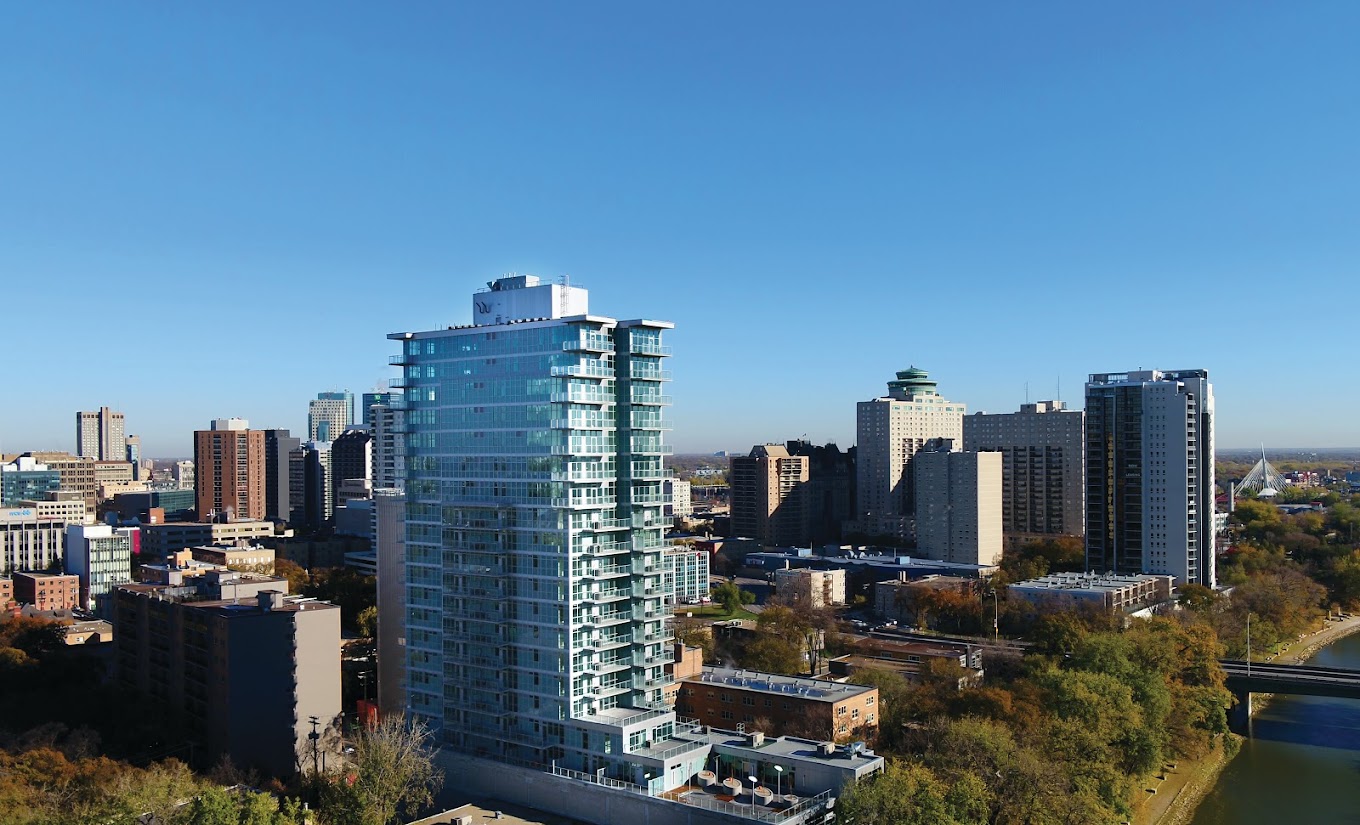
Evaluating a Condo’s Structural Integrity Before Buying
Buying a condo in Winnipeg goes beyond choosing a well-designed unit—it’s about ensuring the building’s long-term structural integrity and financial health. Harsh winters and freeze-thaw cycles can accelerate wear and tear, making it crucial to assess the condo’s condition before committing.
Key Areas to Inspect:
🔹 Exterior & Roof: Check for cracks, peeling paint, and signs of water damage. A solid roof prevents costly leaks.
🔹 Underground Parking & Common Areas: Look for structural issues, proper lighting, and ventilation. Clean, well-maintained spaces indicate responsible management.
🔹 Parking Lot & Balcony: Inspect drainage, pavement condition, and balcony railings for stability and wear.
With the right preparation, condo living offers an ideal blend of convenience, community, affordability and comfort. If you’re considering buying a condo, I can start a search for you in your neighborhood of choice and we can begin your journey towards home ownership.
Categories
Recent Posts
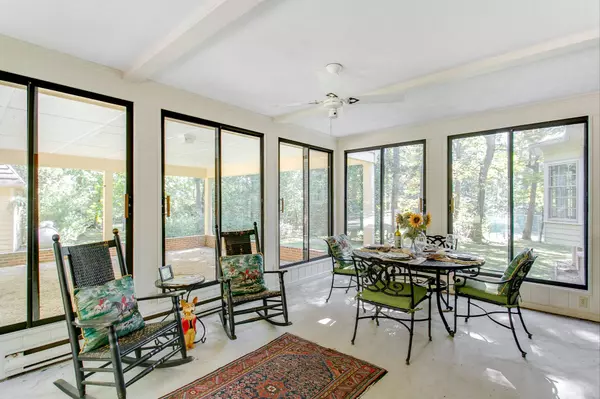
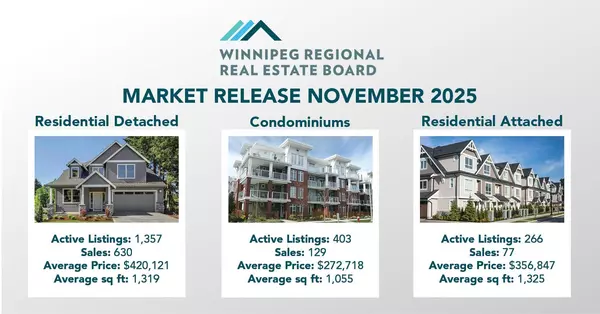
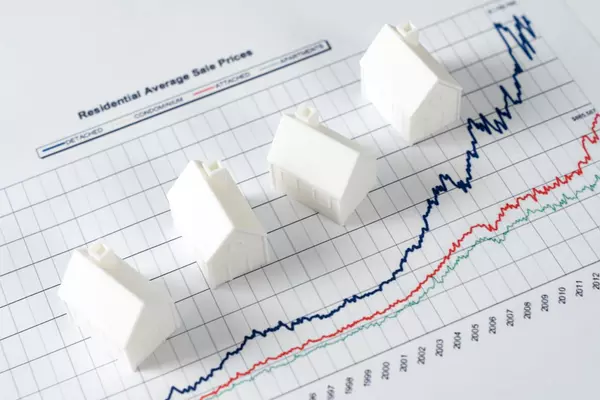
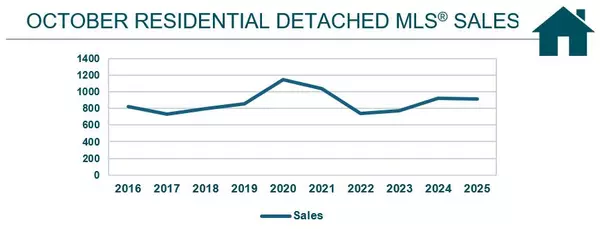
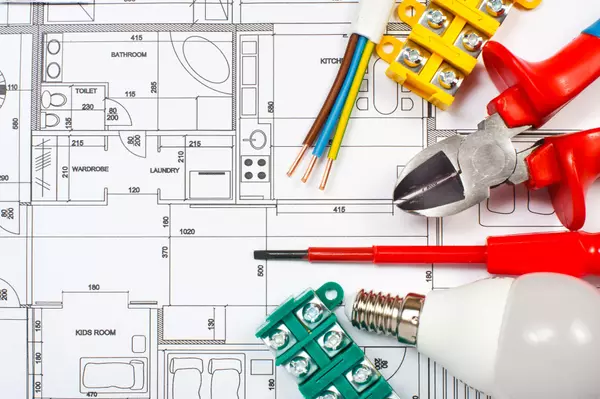

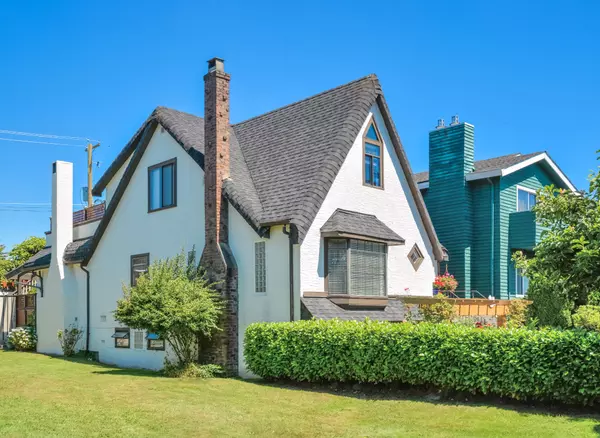
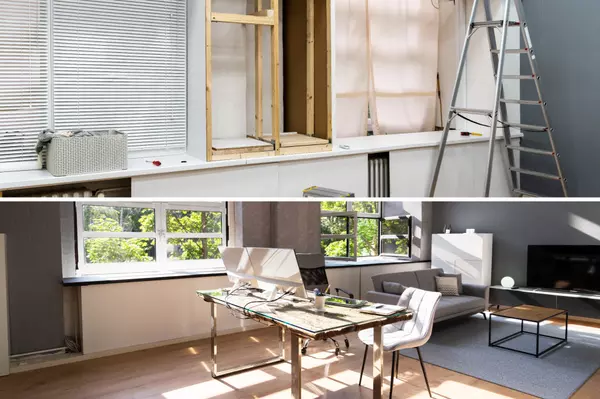
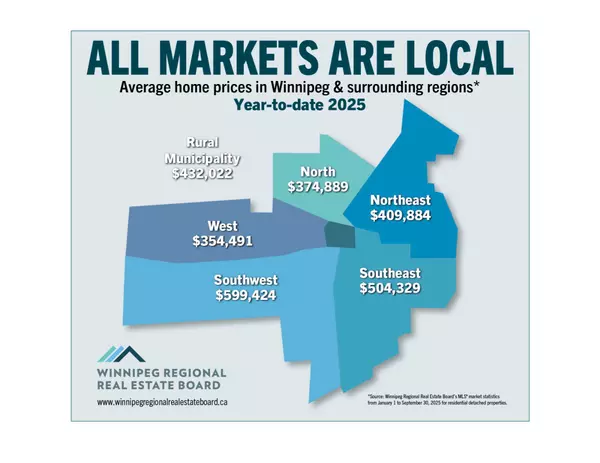
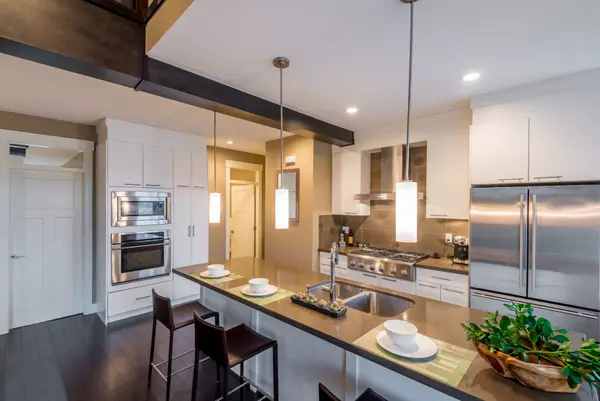
Leave a Reply
 REALTOR®
REALTOR®I became a REALTOR® because I truly enjoy helping people find the place that feels like home and because providing exceptional service during such an important moment in someone’s life is something I genuinely care about. Supporting sellers as they move on, move up, or move forward is just as meaningful, and being part of that transition is something I’m grateful to contribute to.
I make the buying or selling journey feel organized and approachable with clear communication and practical guidance. With an approach supported by market data, trends, and neighbourhood insights, you'll always understand what’s happening and how to make the most informed decisions.
Whether you’re buying your first home, selling a place filled with memories, or planning your next step, I’m here as someone who listens, shows up, and puts your goals at the centre of every decision. I'm focused on what serves you best.
I'm Tara Zacharias, a real estate salesperson located in the vibrant city of Winnipeg. Thanks for stopping by and taking the time to get to know me!+1(204) 293-0933 tara@tarazacharias.com330 St Mary Ave, Winnipeg, MB, R3C 3Z5, CAN
https://tarazacharias.com/
